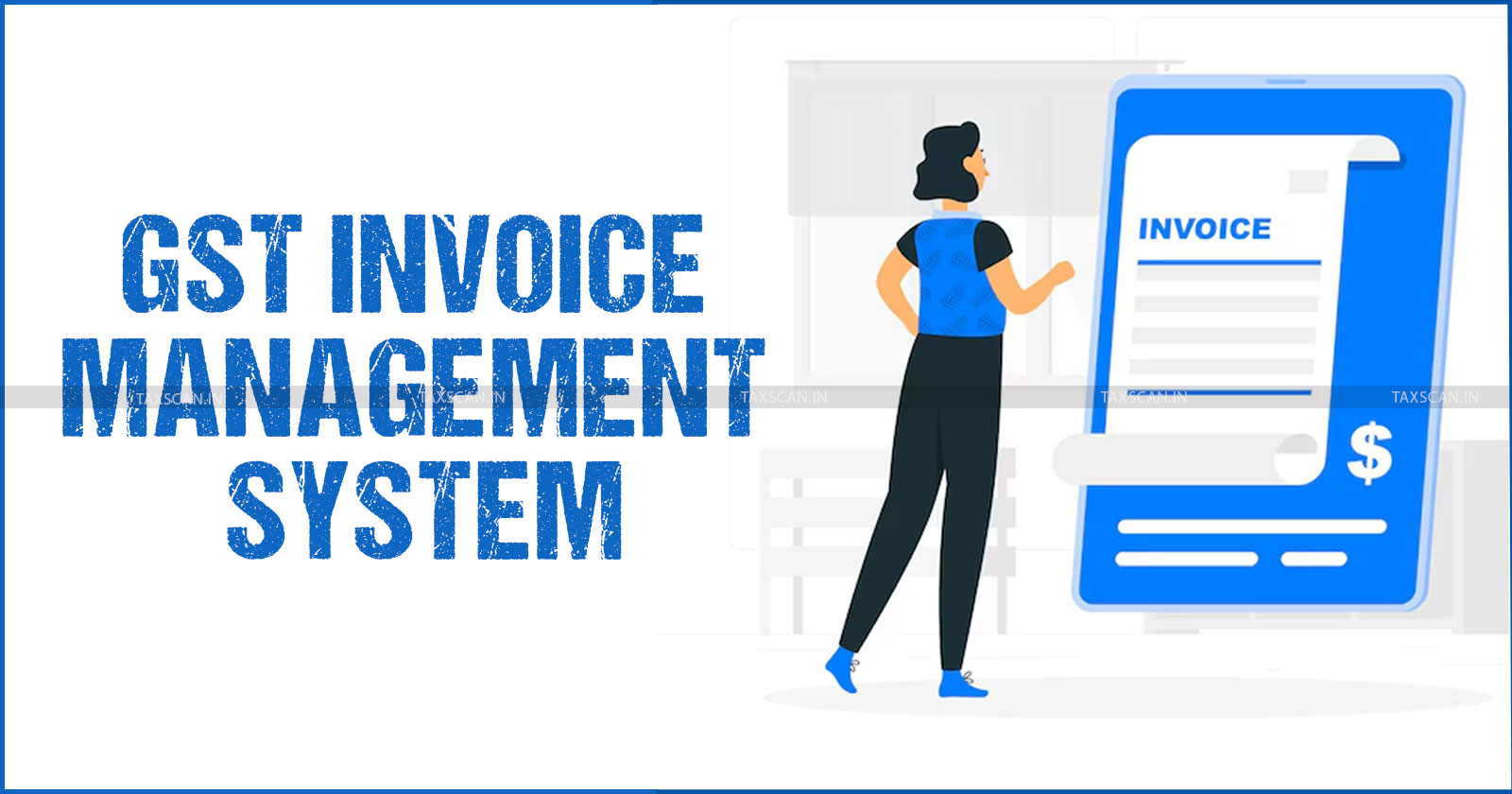GSTN issues Additional FAQs on GST Invoice Management System ( IMS )
These FAQs, published on October 17, 2024, aim to assist taxpayers in navigating the new system effectively as they prepare for the upcoming GSTR-2B submissions

In a bid to enhance clarity and usability, the Goods and Services Tax Network ( GSTN ) has released additional Frequently Asked Questions (FAQs) regarding the Invoice Management System ( IMS ).
The GSTN has released these additional FAQs on the Invoice Management System ( IMS ) to assist taxpayers with GSTR-2B submissions, covering key aspects like invoice visibility, draft generation, and handling of credit notes.
The IMS, which was launched for the GSTR-2B return period of October 2024, provides an innovative platform for managing and tracking invoices.
Are You Ready for Invoice Management 2.0? Join our live webinar now
Here are some key highlights from the latest FAQs:
Invoice Visibility: Since October 14, 2024, invoices related to the GSTR-2B of the current return period will be accessible on the IMS dashboard. Records from earlier periods, specifically September 2024 and older, will not appear.
Draft Generation: The first draft of GSTR-2B based on IMS actions will be generated and available to taxpayers on November 14, 2024, specifically for the October 2024 return period.
Taxpayer Actions: Taxpayers can take necessary actions on their IMS dashboard even after November 14, allowing them to recompute their GSTR-2B until they file their GSTR-3B.
Are You Ready for Invoice Management 2.0? Join our live webinar now
Mandatory Actions: It is clarified that while acting on records in the IMS dashboard is not mandatory, any invoices not acted upon will be considered accepted, leading to a GSTR-2B being generated as per current procedures.
Rejection of Invoices: Taxpayers are advised to exercise caution when rejecting invoices or debit notes, as incorrect rejections could result in the loss of Input Tax Credit (ITC).
Correcting Errors: In cases where an invoice is mistakenly rejected, it can be re-accepted in the IMS prior to the filing of GSTR-3B to reclaim ITC for the financial year 2023-24.
Are You Ready for Invoice Management 2.0? Join our live webinar now
Credit Note Handling: The FAQs outline processes for handling genuine credit notes issued by suppliers, emphasizing that no further ITC reversal is required once the recipient has already reversed the ITC.
Pending Credit Notes: The system will not allow credit notes to remain pending, as any issuance by the supplier reduces their outward tax liability.
Impact of Rejected Credit Notes: If a recipient rejects a credit note before the supplier files their GSTR-3B, the liability adjustment will not reflect in the same tax period.
As businesses and professionals gear up for understanding compliance with the new system, these clarifications are expected to facilitate smoother operations and accurate tax filings.
To Read the full text of the Order CLICK HERE
Support our journalism by subscribing to Taxscan premium. Follow us on Telegram for quick updates


